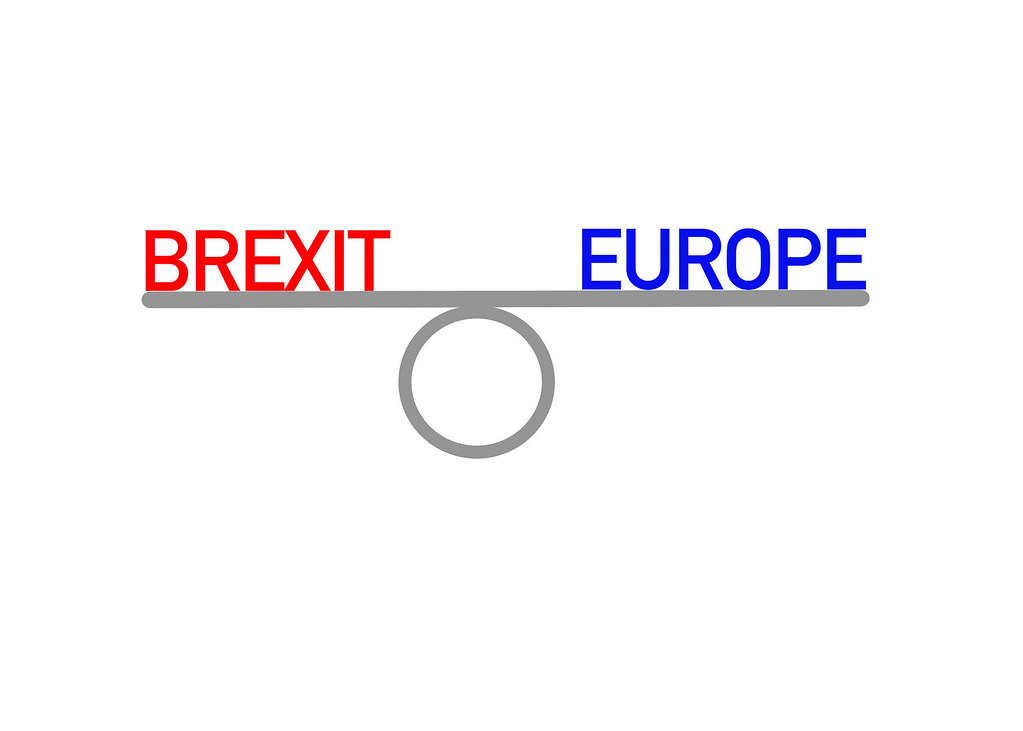“Brexit Legal Diplomacy” between London and Luxembourg

While Brexit has raised many multifaceted political questions, the legal dimension of the UK’s decision to leave the EU is another vastly complex challenge. Professor of Law Fernanda Nicola, who specializes in EU and comparative law, participated in a panel discussion at American University on October 15, 2019 under the theme "Countdown to Brexit: Causes, Consequences and Controversies."

She presented her research on the interactions between the UK and EU courts in their recent judgements related to Brexit. She concluded that the UK Supreme Court and the Court of Justice of the EU (CJEU) have become willingly or unwillingly major players in determining the legal boundaries of Brexit, in light of the vague guidelines in article 50 of the Treaty of the EU.
In January 2017, the UK Supreme Court’s judgement in R (Miller) v Secretary of State for Exiting the European Union (Rev 3) ([2017] UKSC 5) held by an 8 to 3 majority that the British government could not initiate the UK's withdrawal from the EU without Parliamentary approval. The Supreme Court took this opportunity to clarify the status of EU law as an autonomous source of law, yet part of UK internal rather external affairs. This allowed the Supreme Court to state that EU law falls under parliamentary scrutiny, and that the executive branch does not have the autonomy to act as if EU law were a mere foreign relations concern.
One year later, on December 10, 2018, the CJEU held in Wightman and Others v Secretary of State for Exiting the European Union (Case C-621/18) that the revocation of a notification of an intention to withdraw from the EU under article 50 TEU could happen anytime and unilaterally as long as either process takes place in a "constitutional and orderly manner." This means that if the UK government changed its mind, it could resume its place in the EU without any adverse consequences. The full Court in Luxembourg reached this interpretation of the EU Treaty as a sign that it was willing to keep an open door to the UK’s permanence in the EU.
This decision was followed in September 2019 by the UK Supreme Court’s judgment in R (Miller) v The Prime Minister and Cherry v Advocate General for Scotland ([2019] UKSC 41]), known as the Miller 2/Cherry judgment, where it held that the prorogation of Parliament by Boris Johnson was not reasonably justified. This led the Parliament to be considered as having remained in session despite Johnson’s attempts to suspend its work. This judgement opened a new space for the UK Supreme Court to engage in judicial review of governmental decisions.
Professor Nicola concluded, following the hypothetical scenario put forward by Professor Daniel Halberstam, that there might be a new strike of the Luxembourg court if Brexit does not happen in a "constitutional and orderly" manner. Such a judgment will be a further layer of the “Brexit legal diplomacy” between the UK Supreme Court and the CJEU. Such legal diplomacy not only clarifies the contours of a potential exit of the United Kingdom from the EU, but it also shows the relevance of national and transnational constitutional courts in reasserting their power of judicial review.